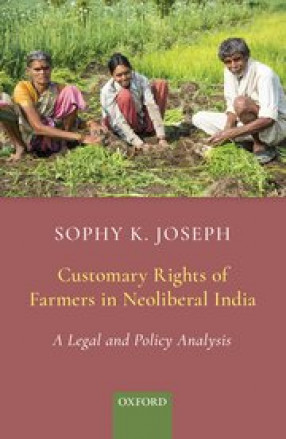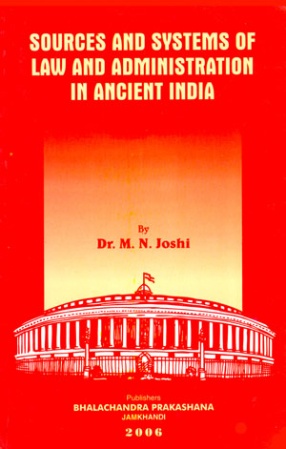Customary Rights of Farmers in Neoliberal India: A Legal and Policy Analysis
The Protection of Plant Varieties and Farmer’s Rights Act, 2001, promises to balance the intellectual property rights of plant breeders and farmers under one umbrella legislation. However, there remain several grey areas and the rights of farmers, in reality, are still tenuous. Though the rights framework was foregrounded on an understanding between non-governmental organizations and industry, there is lack of clarity at both conceptual and procedural levels. In this context, Sophy K. Joseph analyses the impact of legal policy reforms during the ongoing Second Green Revolution on farmers’ customary rights and livelihood. The author discusses how the extension of private property rights to plant varieties, seeds, and other agrarian resources changed the demographic composition of the rural space, with increased migration of cultivators to the cities. The book argues that the transition from state interventionism (during the First Green Revolution) to state abstention (in the Second Green Revolution) has dramatically influenced India’s conventional agrarian practices and traditions. This work maps the evolutionary process of neoliberal economic and legal policies and its interference with primary concerns such as food security, food sovereignty, and agrarian self-reliance of the country.
Get it now and save 10%
BECOME A MEMBER







Bibliographic information